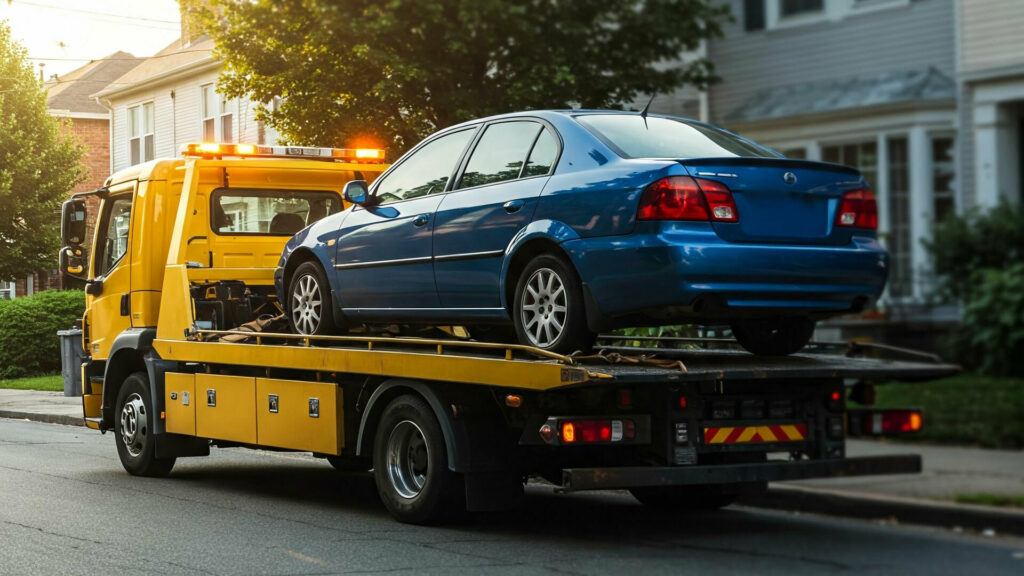- There were 2,332,837 auto loan defaults last year, exceeding levels seen during the Great Recession.
- Approximately 1.73 million vehicles were repossessed, which was the highest level in over a decade.
- March sales are expected to decline slightly from last year, but the future looks bleak due to tariffs.
Economists have been worried about a recession for years and it appears one is finally going to happen thanks to a mix of job cuts, tariffs, and uncertainty. The warnings signs are everywhere and consumer confidence recently hit a 12-year low.
Another alarm bell has started ringing as Cox Automotive has quietly revealed the “repossession rate returned to 2019 levels, while auto loan defaults are higher.” Digging into the numbers, there were 2,332,837 car loan defaults last year. That’s a staggering number and it even eclipsed those during the peak of the Great Recession.
More: Record Number Of Americans Are Falling Behind On Their Car Loans
Last year’s default rate was 3.13%, which was the highest since 2011. However, that trend started with the Great Recession as the default rate was 3.18% in 2007 and jumped to 3.76% in 2008. It then peaked at 4.12% the following year, before slowly settling back down into the 2% range.
Since repos and defaults go together like peanut butter and jelly, it isn’t surprising to learn there was a spike in repossessions last year. An estimated 1.73 million vehicles were taken back in 2024, which was the highest level since 2009. The repossession rate, of 2.3%, also climbed to levels not seen in years.
Automotive Loan Defaults
While those are troubling developments, Cox said March sales are not expected to be significantly impacted by the threat of tariffs or economic uncertainty. Despite this, they’re still expecting a 1.4% decline compared to last year.
The future is as clear as mud as Cox said, “Tariffs enacted across North America as proposed – depending on how long they last – could upend both the U.S. auto market and the larger economy.”




